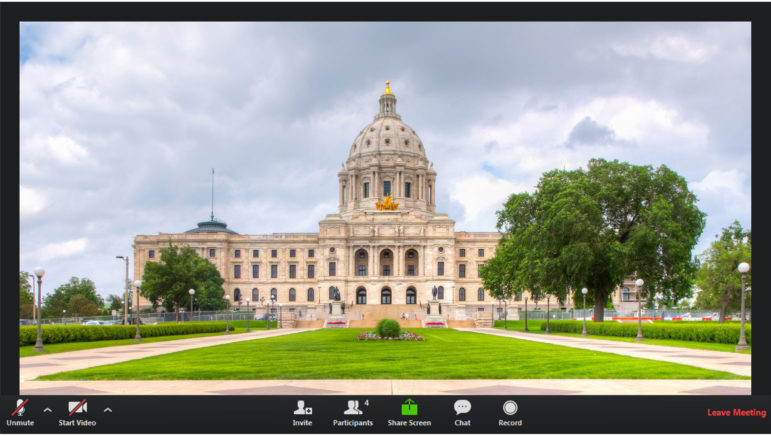
On May 17, 2021, the Minnesota Legislature concluded its 2021 regular session. While state leaders did strike a global budget deal on the last day, none of the individual omnibus budget bills were resolved prior to adjournment. As a result, a special session of the Legislature looms—likely sometime in June—to complete this work.
While the state’s budget remains particularly sticky, some significant progress on energy has been made this session. The highlight: final passage of the Energy Conservation and Optimization (ECO) Act, a major update and modernization of Minnesota’s flagship energy efficiency law, known as the Conservation Improvement Program (CIP). The ECO Act makes a number of meaningful steps forward, including removing a prohibition on efficient fuel-switching within the CIP program as well as significantly increasing utility efficiency programs for under-resourced communities. As one of our top priorities for 2021, we are thrilled to see this critical legislation become law.
Most of the remaining energy policy priorities under consideration this session were included as part of the omnibus budget bill for commerce and energy. While this bill remained unresolved as of adjournment on May 17, a conference committee of Senators and Representatives had been meeting regularly for roughly two weeks and reached agreement on a number of individual policy items. We expect that these existing agreements will be the starting point for special session negotiations in the coming weeks.
Among the items already agreed to by both sides is the Natural Gas Innovation Act, an important policy bill that establishes a framework for decarbonizing Minnesota’s gas utilities. Legislators have also agreed on funding for a clean energy workforce training center in North Minneapolis, expansion of a solar manufacturing facility in Mountain Iron, Minn., and revolving loan funds for efficiency upgrades and renewable energy projects on state buildings.
In June, legislators are expected to reconvene in special session to complete their work. While Fresh Energy will be continuing to advocate for urgent clean energy and climate action—from supporting electric vehicle adoption to expanding access to solar energy and achieving a 100% carbon-free electricity standard—we strongly encourage the Legislature to take immediate action to address system, structural and institutional racism in our systems of policing, justice, and public safety. These urgent priorities have been left unattended for far too long, and it is past time for state action.
Stay tuned for updates on Fresh Energy’s legislative work as special session commences in the weeks ahead.
